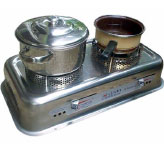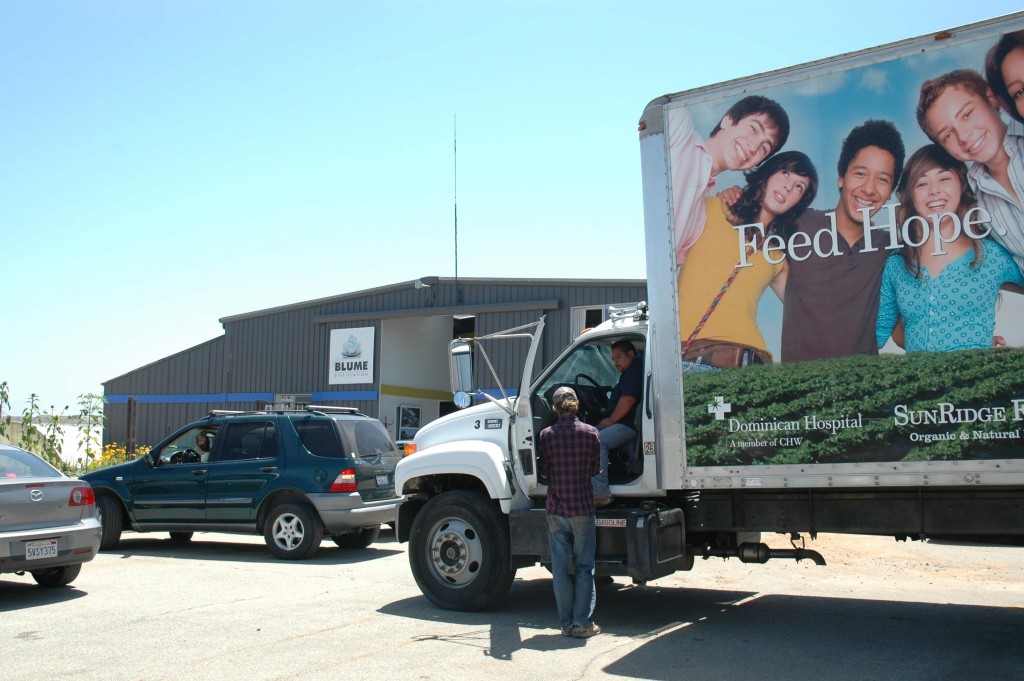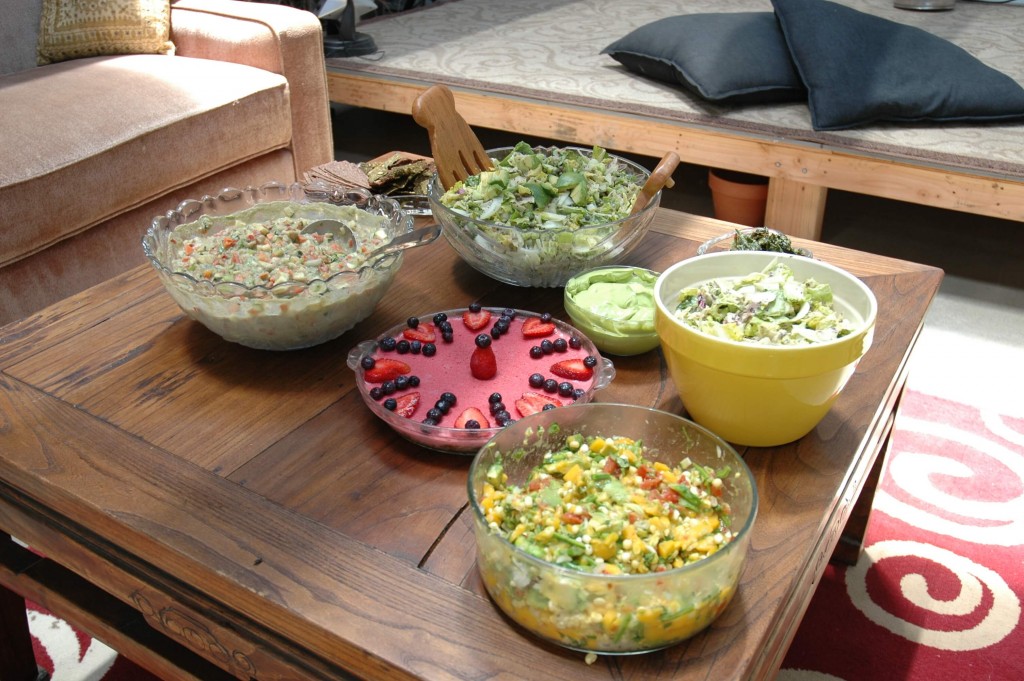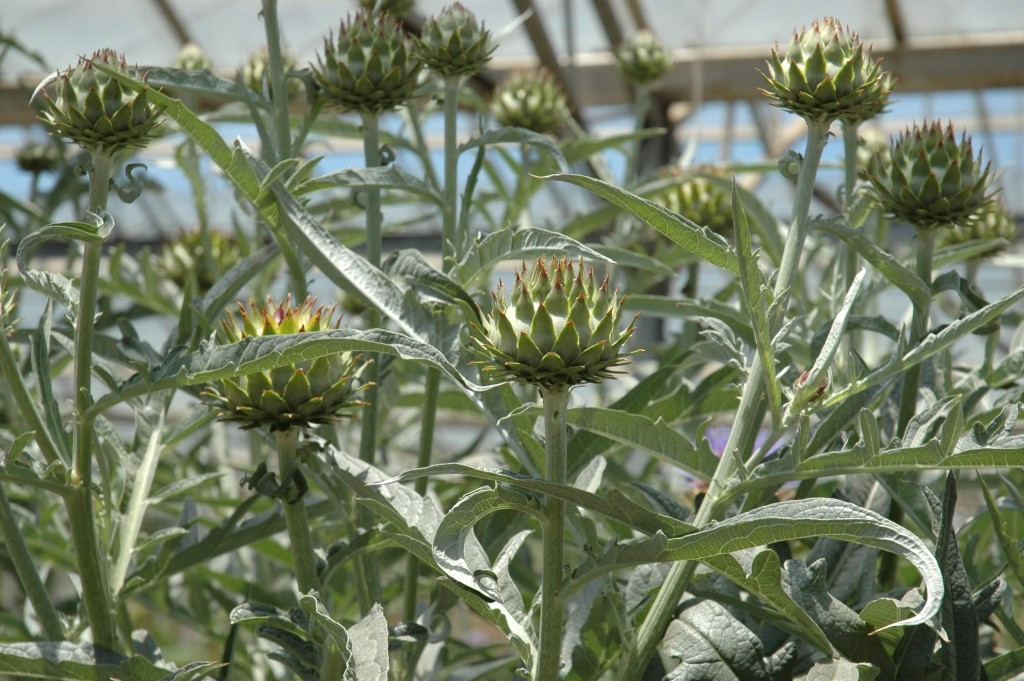Applications Ideally Suited to Alcohol Fuel
Blume Distillation equipment delivers LOW-COST, CLEAN, RENEWABLE, ALCOHOL FUEL to power the following large-scale and life-critical applications globally, including:

The most widespread use of bioethanol is as a transportation fuel. Already the US uses 10% ethanol in all gasoline and Brazil blends in up to 25%. Ethanol burns clean in engines and boosts octane. Click here to read more >

Alcohol fuel can help solve this problem: 3 billion people worldwide rely on biomass (gathered wood) for cooking; read case study about how locally-produced alcohol fuel can help solve this and related problems. Click here to read more >

Clean-burning bioethanol is an ideal fuel for both local and industrial scale power generation. Gen sets in power plants running on diesel or bunker oil can be converted to blends that include ethanol. Click here to read more >

Like propane and natural gas, bioethanol can power refrigeration equipment silently, reliably and efficiently. In remote areas where connecting to the electric grid isn’t practical or affordable alcohol can provide vital refrigeration services. Click here to read more >
Blume Distillation appropriate-scale equipment converts relatively small amounts of locally available materials into high-quality fuel. The breakthough is doing this efficiently at modest scale. Surplus and waste materials that are currently being discarded without tapping their energy potential instead become valuable resources, not trash or a source of pollution. Individual farmers, including farmers in tropical climates, can produce a finished, value-added product (alcohol fuel) instead of selling off raw materials. Specialty non-food crops can be grown and harvested as a component of waste management.
This flexible approach yields:
- Better economics — investment in a Blume system can pay for itself in as little as 24 months!
- Superior environmental performance — less energy used to produce or obtain source materials, as well as a better carbon profile that generates fewer greenhouses gases; and
- Jobs and other positive social impacts — “local” bioethanol production creates jobs, can free people from energy and poverty traps (see case study), improves health and sustainability.
Pure Alcohol is pollution free, 105 octane, cooler burning than petroleum fuels, better for people, for the environment, and delivers superior protection for equipment such as vehicle engines.
Local & Regional Fuel Production: The demand for Blume systems is, in part, due to the trend toward creating local and regional fuel production facilities that are efficient and flexible. Transportation costs to deliver inputs and outputs can be significant for a large-scale ethanol plant. In contrast, smaller plants can take advantage of locally available feedstocks and that the ethanol produced by the smaller distillation systems can also be utilized locally.
Transportation

Transportation fuel is the most widespread use of bioethanol, already at least 10% ethanol in all US gasoline and 25%* in Brazil. Other countries are starting to catch on. Until now, the real limitation has been lack of appropriate-scale ethanol production equipment that makes quality fuel reliably and cost-effectively. Blume Distillation systems provide the answer, with system sizes as small as 50,000 gallons per year (gpy) and up to 500,000 or more (gpy) standard equipment. Larger systems can be customized to match production requirements. Ethanol burns clean in engines, protects and often extends engine maintenance cycles, boosting octane, creating good green jobs, providing energy security, and more.
* Ethanol baselines depend on available supply in Brazil. 25% is the current level, as of April 2013, per this press release: http://renewables.seenews.com/news/brazil-govt-to-lift-back-ethanol-blend-to-25-anp-328970

Cook Stove Case Study
 Whether you need to cook in a remote location, local fuel costs are too high, or there’s only wood available, alcohol makes the perfect fuel for indoor use. It is clean burning, non-explosive (unlike many fossil fuels), and affordable when produced using a Blume system from locally-available feedstocks. Locally-produced alcohol fuel can help solve the widespread problem associated with using biomass (gathered wood) for cooking; read case study to learn more.
Whether you need to cook in a remote location, local fuel costs are too high, or there’s only wood available, alcohol makes the perfect fuel for indoor use. It is clean burning, non-explosive (unlike many fossil fuels), and affordable when produced using a Blume system from locally-available feedstocks. Locally-produced alcohol fuel can help solve the widespread problem associated with using biomass (gathered wood) for cooking; read case study to learn more.

Clean Indoor Cooking
 Shockingly, 3 billion people use biomass to cook their food, mostly in the developing countries. Burning biomass in open fires and leaky stoves causes harm to the environment, with negative health consequences:
Shockingly, 3 billion people use biomass to cook their food, mostly in the developing countries. Burning biomass in open fires and leaky stoves causes harm to the environment, with negative health consequences:
* According to the World Health Organization, indoor air pollution leads to ~2 million premature deaths per year
* Collecting wood for cooking is time consuming, keeping those who must do it from advancing or getting an education
* Cooking with wood indoors is a significant cause of global deforestation.
Blume System purchases by goverments, NGOs and entrepreneurs in these countries will be driven by rural development concerns and the movement to replace wood and charcoal with clean-burning ethanol for indoor cooking.
Alcohol-fuel cookstoves: use local energy, save lives, and eliminate health risks. Help end the poverty–disease-deforestation trap of cooking with charcoal!
Electrical Generation
 Diesel generators and other emergency power sources can be made cleaner, more effecient and more cost effective to operate when they are run on alcohol fuel. Clean-burning bioethanol is an ideal fuel for both local- and industrial-scale power generation. Generators running on diesel or bunker oil can be converted to blends that include ethanol.
Diesel generators and other emergency power sources can be made cleaner, more effecient and more cost effective to operate when they are run on alcohol fuel. Clean-burning bioethanol is an ideal fuel for both local- and industrial-scale power generation. Generators running on diesel or bunker oil can be converted to blends that include ethanol.

Refrigeration
 Few people remember the days when a refrigerator wasn’t plugged into an electrical outlet. Modern electricity has its advantages, but alcohol appliances are quieter, cleaner and can operate anywhere.
Few people remember the days when a refrigerator wasn’t plugged into an electrical outlet. Modern electricity has its advantages, but alcohol appliances are quieter, cleaner and can operate anywhere.
Like propane and natural gas, bioethanol can power refrigeration equipment silently, reliably and efficiently. In remote areas where connecting to the electric grid isn’t practical or affordable, alcohol can provide vital refrigeration services.


